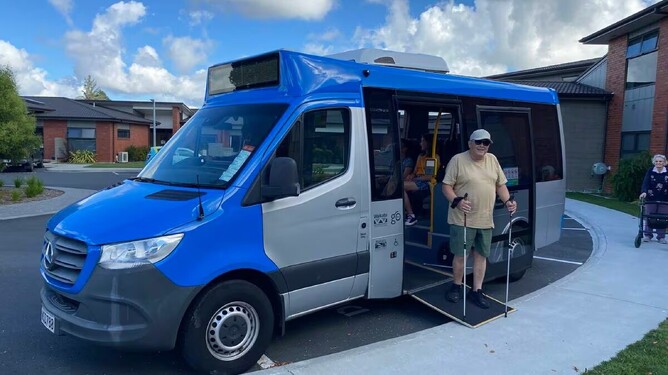The WDC advises the Tamahere/Matangi (Route 28) and Tauwhare Pā (Route 27) bus services, launched in February 2024, have experienced varying levels of patronage over the past months. Data from the Waikato Regional Council indicates a steady increase in usage for Route 28, while Route 27 has seen fluctuations.
Monthly Patronage Overview:
- Route 27 - Tauwhare Pā:
- February: 84
- March: 273
- April: 194
- May: 309
- June: 209
- July: 422
- August: 427
- September: 271
- October: 246
- Route 28 - Tamahere/Matangi:
- February: 215
- March: 625
- April: 672
- May: 957
- June: 629
- July: 816
- August: 821
- September: 841
- October: 848
Route 28 has shown consistent growth, with patronage increasing from 215 in February to 848 in October. Although there was a dip in June, the numbers rebounded in subsequent months. In contrast, Route 27 experienced a peak in July and August, with patronage exceeding 400, but saw a decline in September and October.
Popular Stops:
For Route 28, the most frequented stops include:
- 69 Knighton Rd: 134 boardings
- University (Inside Gate 1): 133 boardings
- Tamahere Eventide Home and Village: 100 boardings
- Tamahere Skate Park and Village: 46 boardings
These stops, particularly those near the University of Waikato and Tamahere Eventide, have consistently attracted the highest number of passengers.
Time-of-Day Usage:
Patronage varies throughout the day, with peak usage observed during morning and afternoon hours:
- 7 AM: 83 boardings
- 8 AM: 151 boardings
- 3 PM: 136 boardings
These peaks align with typical commuting times, suggesting that the services are effectively catering to daily commuters.
Future Outlook:
The steady increase in patronage for Route 28 is encouraging and suggests a growing reliance on public transport among residents.
However, the fluctuations in Route 27's usage indicate a need for ongoing assessment to ensure the service meets community needs. The trial period, set to last two to three years, will provide further insights into the sustainability and effectiveness of these routes.
Residents are encouraged to continue utilising these services to ensure their viability and to provide feedback to help shape future public transport offerings in the region.

